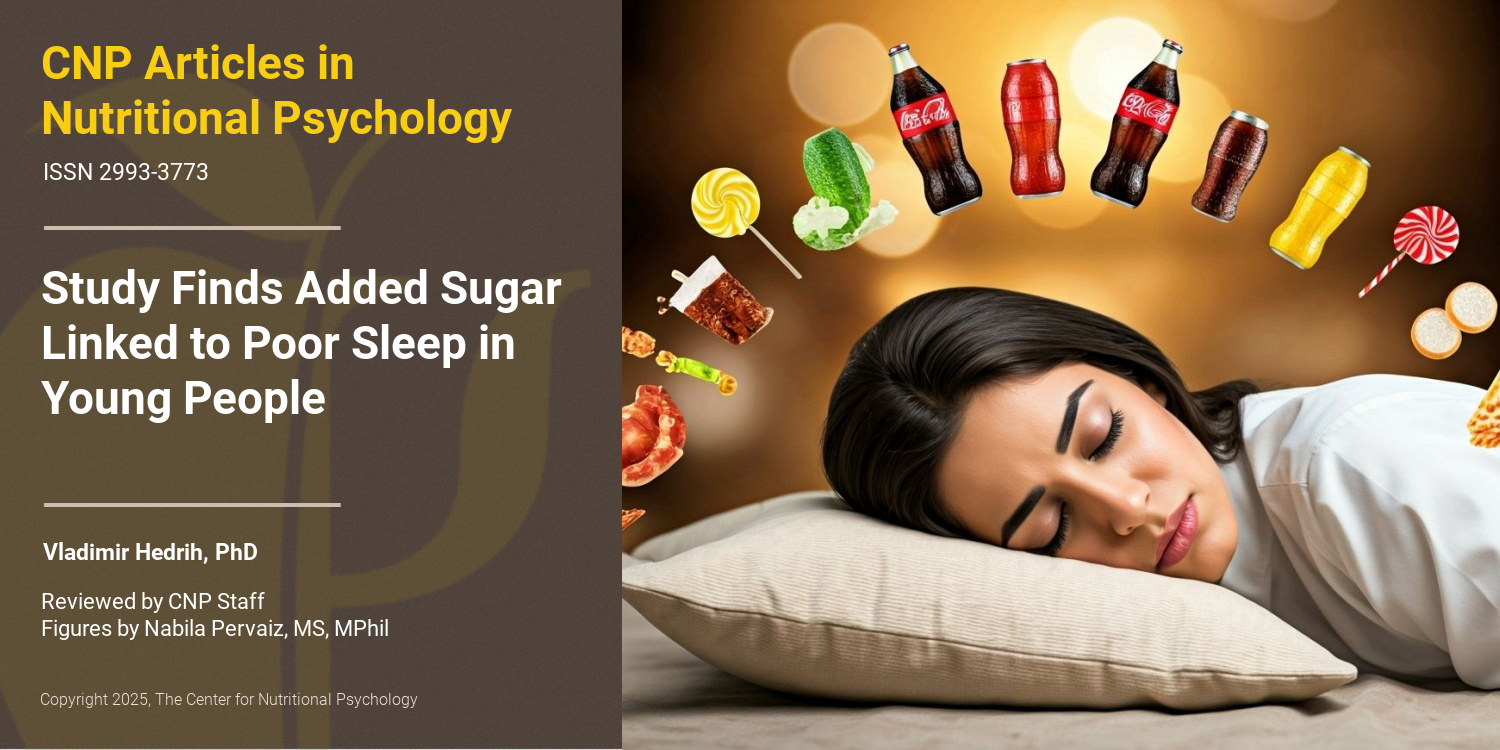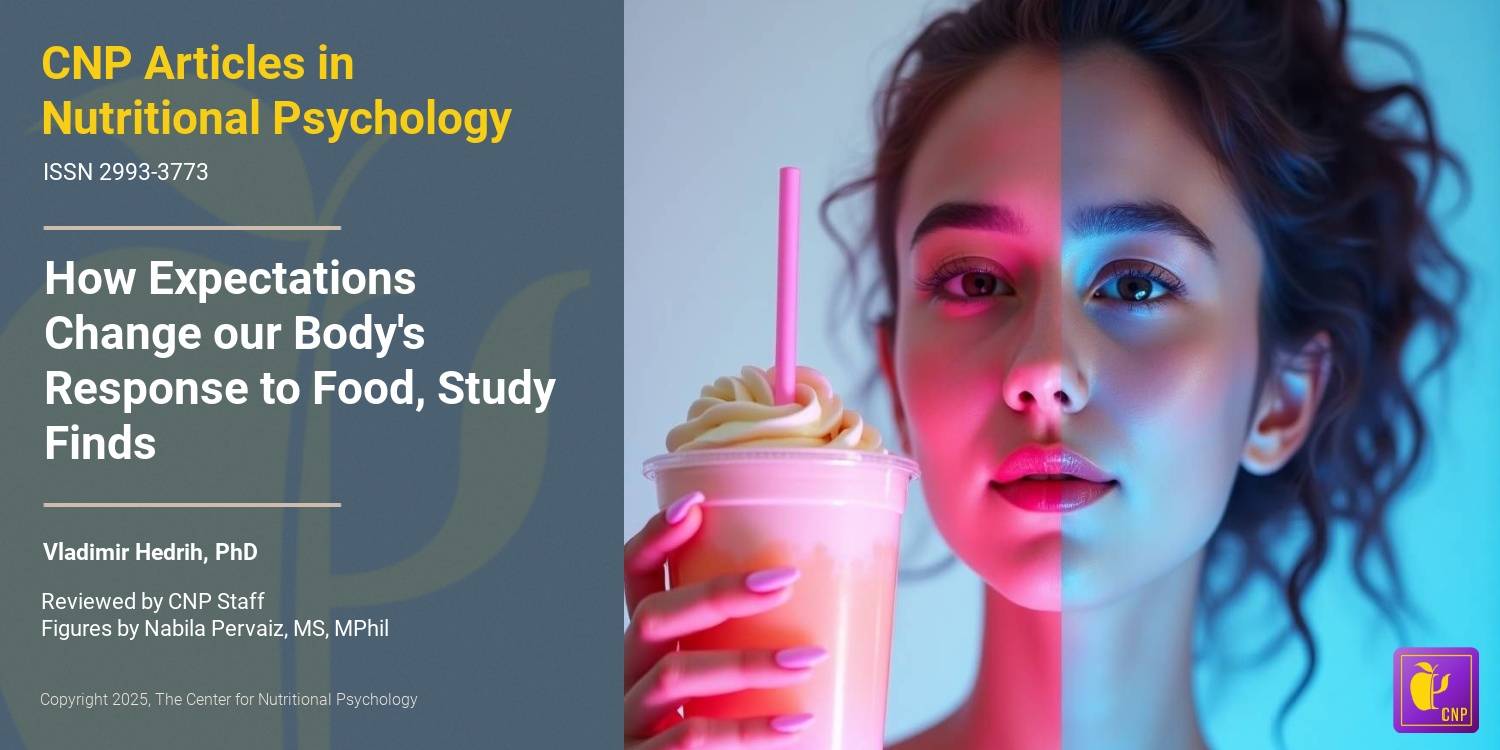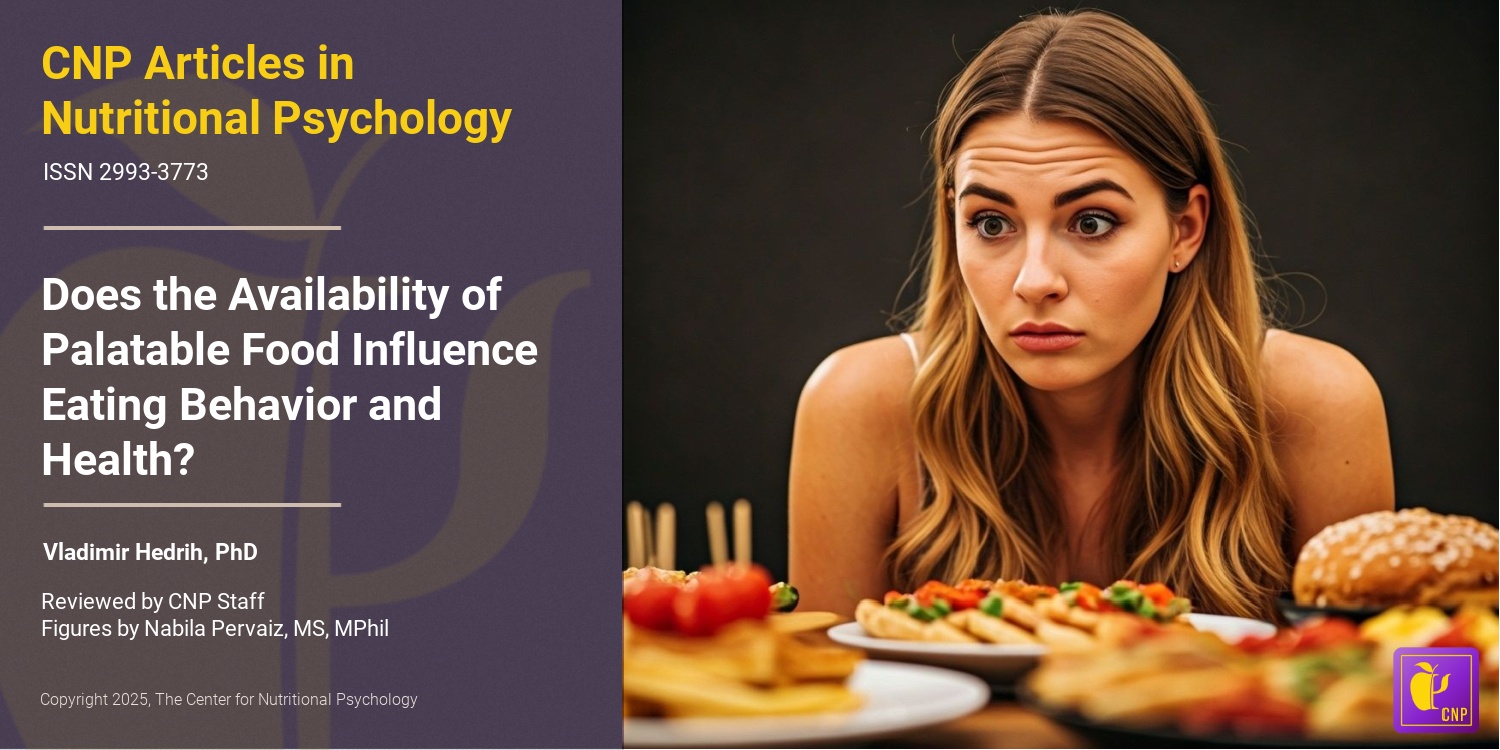A humanities-based explanation for the effects of emotional eating and perceived stress on food choice motives during the COVID-19 Pandemic
While emotional eating and food choices are influenced by the perceived stress of an individual, Shen et al. (2020) investigated the role of emotional eating in the relationship between perceived stress levels and food choice motives (health, mood, convenience, natural content, price, sensory appeal, familiarities, weight control, and ethical concerns) among citizens of the United States, during the coronavirus disease 2019 pandemic. A total of 800 participants were assessed on their perceived stress, emotional eating, and food choice motives using the Perceived Stress Scale, Dutch Eating Behavior Questionnaire, and Food Choice Questionnaire. While moderate to high levels of stress were quite prevalent (73.6%), this perceived stress was found to correlate significantly with emotional eating (r = 0.26) and with five out of nine food choice motives: mood (r = 0.32), convenience (r = 0.28), natural content (r = −0.14), price (r = 0.27), and familiarity (r = 0.15). Emotional eating was also related with four of the food choice motives including mood (r = 0.27), convenience (r = 0.23), price (r = 0.16), and familiarity (r = 0.16). This study uncovered evidence suggesting that emotional eating mediates the associations between perceived stress and the food choice motives: mood, convenience, sensory appeal, price, and familiarity. [NPIDs: COVID, coronavirus, emotional eating, stress, perception, mood, sensory, ethical concerns, food convenience, price, familiarity, pandemic, COVID-19]
Year: 2020
 Navigation
Navigation






